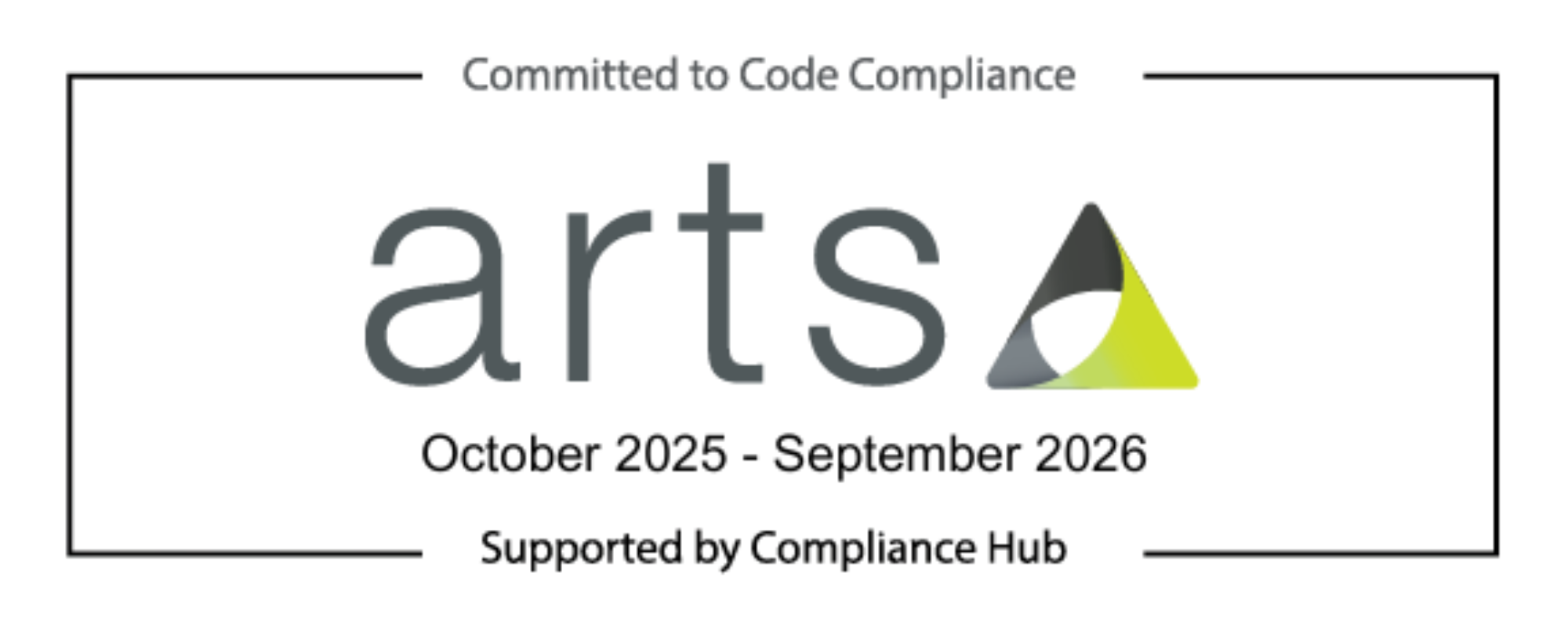An interview with Neena Lakhani - Senior Lecturer in Clinical Pharmacy and Pharmacy Practice, IPE Lead for Pharmacy, NIHR Pharmacy Champion for Primary Care and Community Pharmacy NIHR CRN East Midlands, De Montfort University, NIHR Clinical Research Network, East Midlands
)
Please could you start by telling us a bit about your career and journey so far?
I was born and brought up in Jinja, Uganda. My family lived a comfortable life there until we were told to leave by the Ugandan president Idi Amin in 1972. Until then we went to an established School run by English and Canadian teachers and had a good Primary and secondary education. I have very fond memories of Uganda-which I still call ‘home’.
My family and I moved to London UK. My parents believed in education right from the outset, and this became more engrained in us when, as ‘refugees’, the importance of a vocational career became very important. The South Asian (Hindu Indian) community in which I was raised recognised that it was important for males and females to have skills which they can use throughout the world and be independent. The educational pathway needed to be vocational and flexible, and the expulsion heightened the need for the next generation to have a good vocational education.
I had always been interested in health care and the life sciences and was interested in medicines and how they were made. I chose to do pharmacy. I did my BPharm degree at the London School of Pharmacy (now UCL) and graduated in 1979. My pre-registration training was done at the Middlesex Hospital (now part of UCLH) in 1980. I had always wanted post graduate qualifications in research and clinical work, and I did an MSc in Bio pharmacy at Chelsea (now Kings) College in 1981, which I loved. I still wanted to practice whilst studying and worked as a locum pharmacist in community during the times I was not studying. When I completed my MSc, I was offered a job as a clinical pharmacist at the Royal Free Hospital London. It was such an honour to be trained there and I still have fond memories as my love for being a clinical pharmacist was truly ignited working at that hospital.
I moved to Leicester in 1982 after getting married. I joined the Pharmacy Team at the Leicester Royal Infirmary (LRI) in Leicester, but I also loved my community work worked part time in Community Pharmacy (including Boots and Independents) all over Leicester City during the weekends. Both Community Pharmacy and Hospital Pharmacy taught me different skills which have been instrumental in shaping my clinical consultations skills and raised my awareness of holistic ways of talking to my patients.
I decided to do my clinical diploma at De Montfort University (DMU) and worked in the Medicines Information Centre at LRI. During that time, I became interested in the health seeking behaviours of the South Asian Minorities in Leicester, how they used pharmacy services and their difficulties in accessing and understanding health information. I also became very interested in the training and education of pharmacy students. During that time, I was also introduced to working with general practitioners as a prescribing advisor, a new ‘role’ within the NHS local authorities.
I joined DMU as a part time Teacher Practitioner in 1997 as well as the role of a part time Prescribing Advisor in 1999 with Leicester City Clinical Commissioning Group. In 2002, I was fortunate to be awarded a bursary to study for an MPhil. I really wanted to research the health seeking behaviours of the South Asian Communities - particularly for Minor Ailments. I had read of pilots in Scotland for the Pharmacy First Scheme, and I led on the introduction and implementation of this service in Leicester City. I continued to do my MPhil and concentrated on collecting qualitative data from the South Asian population using this service. This ignited my love for research in South Asian communities and introduced me to the richness and wealth of data that could be obtained from people with lived experiences. Qualitative research methodology was so new to a me, where I had always believed that numbers and clinical trials was ‘good research’.
In the meantime I re-joined De Montfort University in 2003, continuing with my research. I became the Interprofessional Education(IPE) Lead for the School of Pharmacy in 2005. As I loved a ‘mosaic chequered career’ I continued to do my research and finally graduated with a PhD, as well as worked in community, academic and GP settings. In 2013, I was offered a consultancy role (2 days a month) with the NIHR as a pharmacy research champion for Primary Care Pharmacy and Community Pharmacy. I have been awarded a Senior Fellowship of the Health Education Authority (SFHEA) for my IPE work at DMU.
My current position is with DMU and the CRN East Midlands NIHR (0.9 WTE) The other 0.1 WTE I still keep in touch with what I call ‘being a real pharmacist) as I enjoy patient interaction.
What are you most proud of?
Firstly, my two daughters are my pride and joy. I love being a Mum and a wife. If it were not for their support and love of my family, I would not have been where I am. My love for education and imparting knowledge is very important to me, as well as providing help to my patients and enjoying the community spirit where my patients come from. Professionally I am proud to be a pharmacist and learn about the importance of inter-professional education and teamworking. I enjoy learning more, with and about inter-professional and multi-disciplinary team working. I know that I am NOT a doctor but have a PhD which has made me a more thoughtful and reflective person with patients at the heart of everything I do in my profession. That is important to me.
What has been one of your biggest professional challenges and how did you overcome it?
I clearly remember giving out the wrong drug (digoxin loading dose) to an elderly out-patient. I was newly qualified pharmacist. The patient trusted me. My pharmacy technician noticed this and I thought ‘that’s it’. My career has ended. However, I owned up to my mistake, and managed to get hold of the patient and get them admitted to A&E. I had the chance to talk to the patient myself with a very supportive A&E consultant. It was then that I felt I was lucky to have such a professional supportive environment, and as long as you admit what you have done, reflect and learn from this, justice will prevail and make you a better person.
The other biggest challenge was to juggle three different aspects of my work: my academic work and the challenges of pharmacy practice. Both required different skills, patience, and time management was critical to me raising a family. I overcame this by negotiating my time in each sector so that I was comfortable with the work and set myself realistic outcomes knowing full well how I was to achieve them. I was a team worker, a reflector and a completer- finisher (Fully aligned with Belbin’s Team Roles)! I totally understood why these roles are important in my professional life.
What piece of advice would you give your younger self?
Slow down and take deep yoga breaths! Do not stop pursuing your hobbies (or at least developing them). Love what you enjoy in both your personal and professional life. There is a life outside work! Do not let disappointments or challenges get you down. If you cannot get things right first time, try and try again. Just remember, education and educating yourself can be stopped and started when the time is right for you. That does not mean stop when you retire.
What is something you would like others to know? For example, a piece of advice you would like to give women that are at the start of their pharmacy career.
I would say ‘Go for your dreams’. I now want to be an Independent Prescriber. My friends say-‘what? When will you ever stop? Surely you have enough letters after your name?’. It's not the letters I’m after. I want to be gainfully challenged in my twilight years. Becoming an independent prescriber and subsequently holding clinics for minor conditions and respiratory conditions is my goal. Also saving the planet and making sure that a sore throat does not require antibiotics: save our planet.
My motto to all, but especially women, is that you do not have to do a job as ‘work’. Have the courage to say, ‘this is not for me’. I never felt that being female, I did a ‘lesser’ part-time job. Pharmacy today relies on flexibility! I went for a ‘mosaic’ career pathway. I did not think too much about it but jumped at all the chances which encouraged me to learn something new. The biggest achievement is that being female I was and have always been ‘on par’ with my male colleagues. For pharmacy, it’s a perfect career for a woman who loves family and want to make a difference to the people and communities around them.
Neena Lakhani
2nd March 2023
Leicester, UK


 London
London


